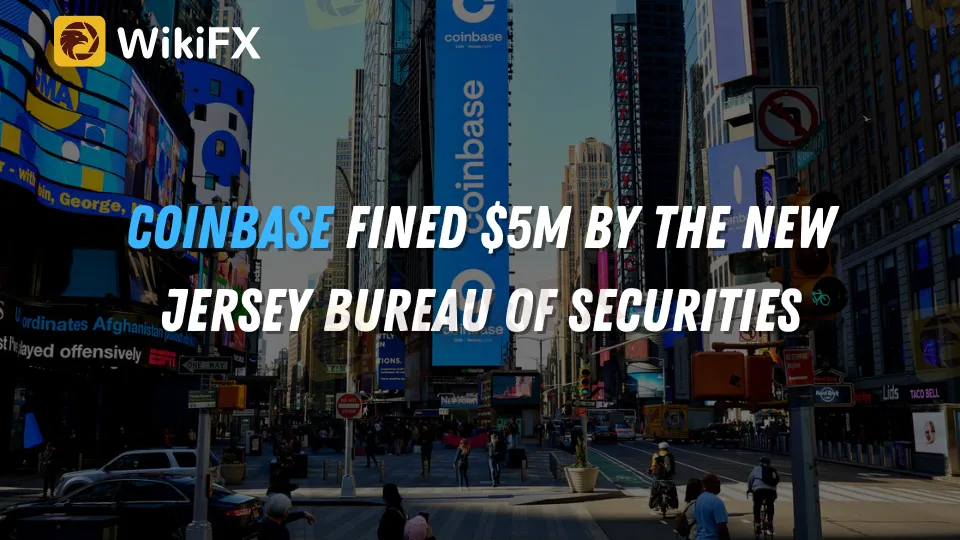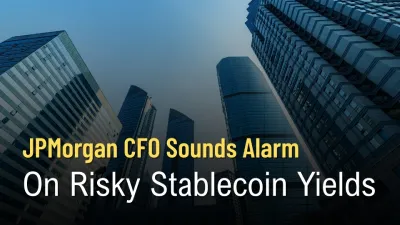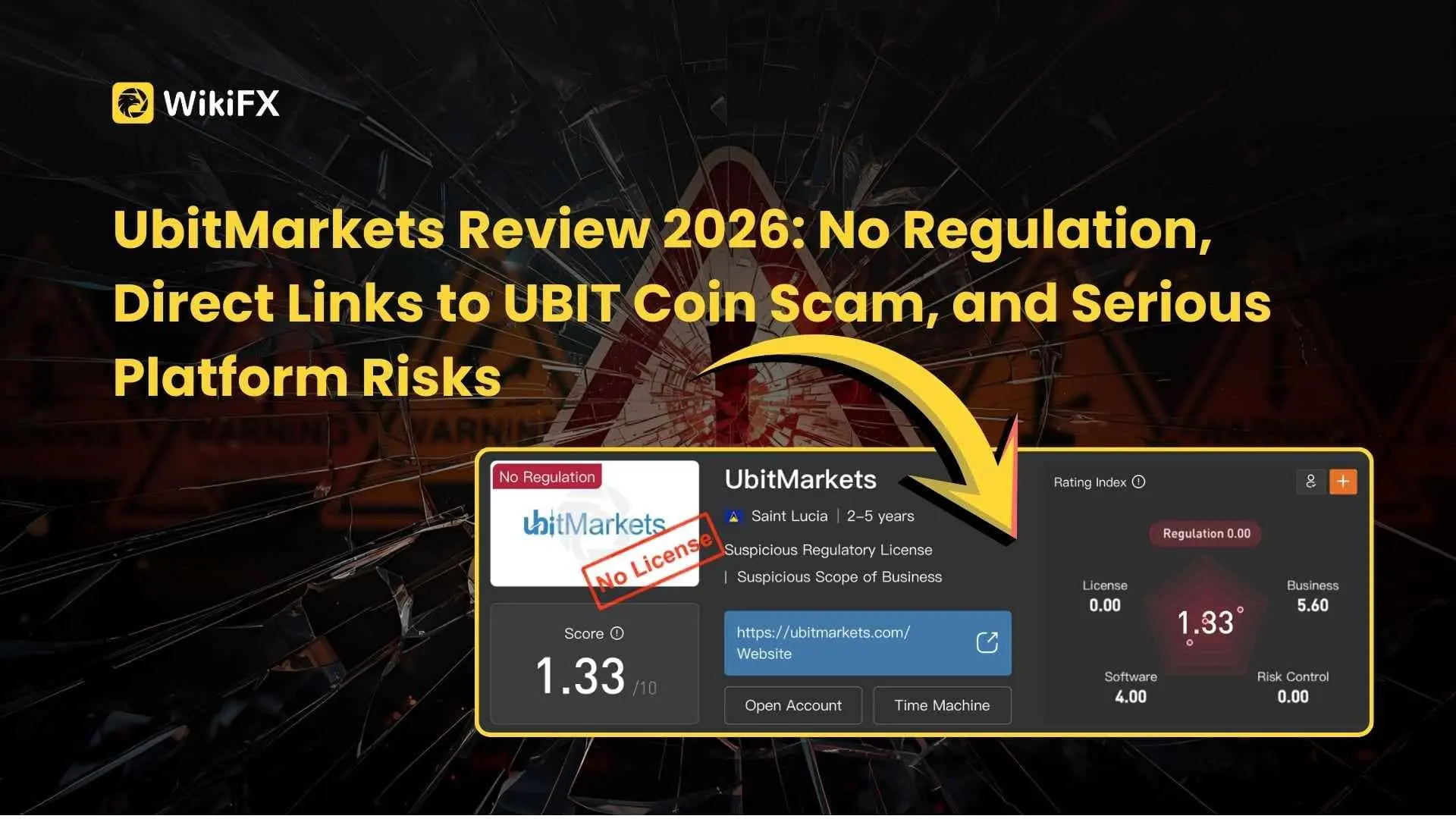JPMorgan CFO Sounds Alarm on Risky Stablecoin Yields
JPMorgan CFO warns high-return stablecoins could endanger financial stability as global regulators move toward tighter digital asset rules.
简体中文
繁體中文
English
Pусский
日本語
ภาษาไทย
Tiếng Việt
Bahasa Indonesia
Español
हिन्दी
Filippiiniläinen
Français
Deutsch
Português
Türkçe
한국어
العربية
Abstract:Coinbase hit with a $5M fine by the New Jersey Bureau of Securities for selling unregistered securities via crypto-staking services, violating Securities Law.

Coinbase, Inc., the prominent cryptocurrency exchange, has been subjected to a Summary Cease and Desist Order by the New Jersey Bureau of Securities for contravening the Securities Law. The Attorney General's Office, together with the Division of Consumer Affairs, made the announcement today. This action comes with a $5 million fine due to the company's sale of unregistered securities via their crypto-staking services.
According to the Bureau's findings, Coinbase breached the Securities Law by selling unregistered securities to New Jersey residents through its staking offerings without first making the necessary registrations. This development, however, does not preclude Coinbase from proposing staking securities, provided they comply with state regulations.
The key reason behind securities registration with the Bureau before any offerings is to ensure full disclosure of relevant information to potential investors. This transparency enables them to evaluate the inherent risks associated with participating in any investment, including staking securities.
Within the structure of Coinbase's staking offerings, investors deposit cryptocurrency assets with the company. Coinbase then manages the staking of those assets on a specific blockchain. They have marketed this service to the public, promising a potential return of up to 10% on investments.

The process involves pooling investors' cryptocurrency assets and deploying a team of engineers to manage staking validator nodes, or alternatively, employing third-party validators. This arrangement generates staking rewards, from which Coinbase deducts a portion before distributing the remaining profits to investors.
Over 3.5 million investors have engaged in Coinbase's staking securities as of March 29, 2023, with roughly 145,270 from New Jersey. These securities are not insured by the Federal Deposit Insurance Corporation or the Securities Investor Protection Corporation, therefore these investors have no protection against losses.
Investors in these staking securities face substantial financial risk, and they are always recommended to contact the Bureau to confirm the registration status of staking securities, or any other product, before committing cash. The stop and desist order serves as a strong reminder to both service providers and investors that regulatory standards must be followed in order to preserve a transparent and safe investing environment.
Get the WikiFX App on your mobile device to keep abreast of the most recent news. You can download the App from this link: https://social1.onelink.me/QgET/px2b7i8n

Disclaimer:
The views in this article only represent the author's personal views, and do not constitute investment advice on this platform. This platform does not guarantee the accuracy, completeness and timeliness of the information in the article, and will not be liable for any loss caused by the use of or reliance on the information in the article.

JPMorgan CFO warns high-return stablecoins could endanger financial stability as global regulators move toward tighter digital asset rules.

UbitMarkets review reveals no valid license and direct links to a fraudulent project, raising serious concerns over investor fund safety.

Is withdrawing capital from PaxForex too difficult for traders? Has the China-based forex broker made you trade gold, silver and cryptocurrencies despite not having an office in the United States? Do you find its operational style suspicious? You are not alone! Several traders have expressed these concerns when trading with the broker. In this PaxForex review article, we have exposed the broker through user comments made on several review platforms. Take a look!

Access demo accounts from top forex brokers. Practice trading risk‑free and explore platforms before investing.
